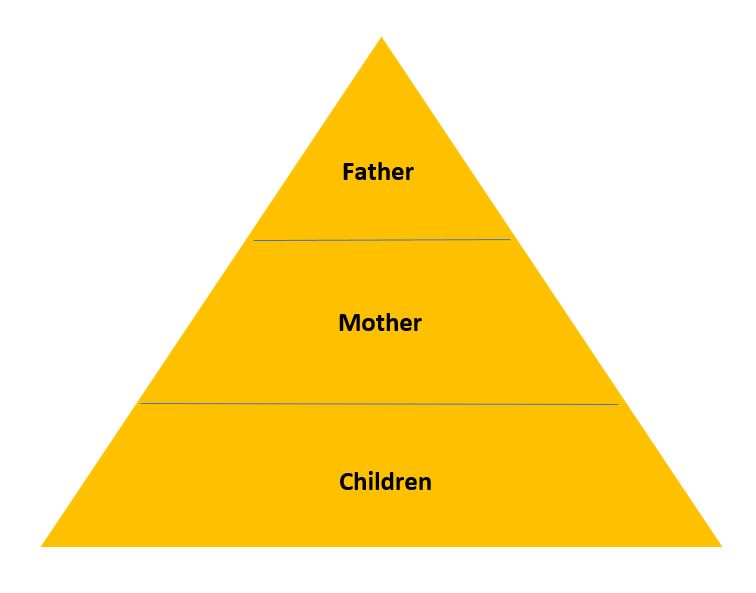
by Bhabani Shankar Nayak 13 january 2022
In the Sonnet 116, William Shakespeare defines relationships as marriage of true minds, where sovereign individuals love each other to overcome all impediments in life with the tempest of unchanging will. These voluntary, organic and humane ideals are institutionalised and domesticated to comply with the requirements of patriarchal, religious and capitalist cultures in different continents. The moral philosophers have also engaged with the idea of marriage and its role in the transformation of society. The political philosophers look at marriage and question whether the institutions like state, society and family involve in the matters of love, sex, intimacy, marriage and reproduction.
The idea of modern marriage continues to draw its ideological lineages from all the major religions. Augustine’s treatise on the good of marriage (De bono coniugali) consists of three benefits: fidelity (fides), progeny (proles) and sacrament (sacramentum). These ideals are not very different from the idea of marriage in Hinduism and Islam. These three benefits are also central to patriarchal capitalism in terms of institutionalisation and domestication of sovereign individuals and communities. The moral unison between the Christ/god and church/temple/mosque/ other places of worship continue to be the foundation on which both marriage as an institution and marriage as a process stands in 21st century. The modern state also gets involved in this civic, religious and moral processes of regulating romance between two sovereign individuals.
From polygamy to monogamy and from love marriage to arranged marriages, there are considerable variations of marriage in different stages of history. Marriage as a form of relationship was codified and institutionalised to sustain kinship, caste, race, class and property based social and economic structures to control inheritance, share resources and domesticate labour power. The state codifies such ideas and practices as laws of marriage both in its civil and communitarian forms. Both serve patriarchal capitalism with few aberrations. Modern marriages continue to preserve and promote caste, race, gender, sexuality and class based social, economic and political structures and institutions, where elites circulate without any hindrances to their social, political and economic privileged hierarchy.
The reactionary communities, state, patriarchal capitalism and its religious brethren continue to destroy the organic relationships based on love, friendship and marriage. The rise of private property, gender division of labour and division of space are pillars of patriarchal capitalism, where gender inequality, exploitation and dominance of men over women are three direct outcomes. Patriarchal social, political, religious and cultural institutions and processes help such system to expand worldwide as a natural phenomenon. Families, peer groups, schools, colleges, universities and states normalise such processes of institutionalisation and domestication of relationships, love and friendships and transforms it into marriage. In this way, marriage has become a sacred institution in during 21st century.
Marriage can be a voluntary or permanent social and cultural requirement, a religious sacrament, a legal unison and contractual obligation, a relationship based on mutual support and civic need, that patriarchal capitalism denies to sovereign individuals. Patriarchal capitalism transforms marriage merely into biological fetishism tied with asocial moral and religious values. Such Manichean dual values shape patriarchal marriages which continue to naturalise servitude and codify social relations based on dominance and inequality in the name of family honour. Men and women accept, participate and perpetuate such ideals in the name of family, society, community, culture, tradition and religion. The capitalist system reinforces and reproduces such a system to control labour (female labour in particular) to expand its empire of profit.
There is no scope for emancipation for women and men within the institutions of marriage and patriarchal capitalism both in its essentialist and normative sense. True love and marriage or any form of liberated relationships flourish in a society without patriarchy and capitalism Patriarchal capitalism is an enemy of love, marriage and true relationships.
